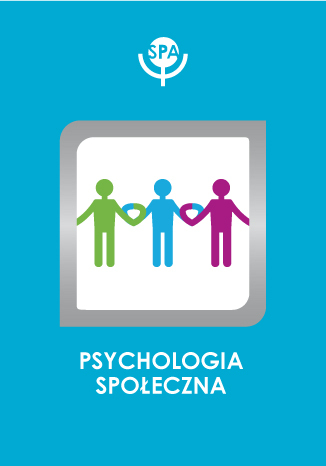Dialog jako metoda poznawania doświadczeń człowieka w klinicznych badaniach jakościowych

Agnieszka Widera-Wysoczańska
DOI:
Strony: 99-111
This article examines three types of open-ended qualitative psychological interviews: the informal conversational interview; the general interview guide approach; and the standardized open-ended interview. The point of view is directed towards the interview conducted according to the guide. It was devised for clinical research studying the death experience in adults. This paper discusses, respectively: the features in the dialog; the purpose of the dialog; the role of the researcher and the subject in their interactions; the different steps in the dialog; the content and form of the questions asked in the dialog; and the role of validating the material obtained during the dialog itself. Also evident are the strengths and problems of three dialogs which appeared during the study, and ethical problems related to investigating such personal experiences.









 Pobierz pełny tekst
Pobierz pełny tekst



